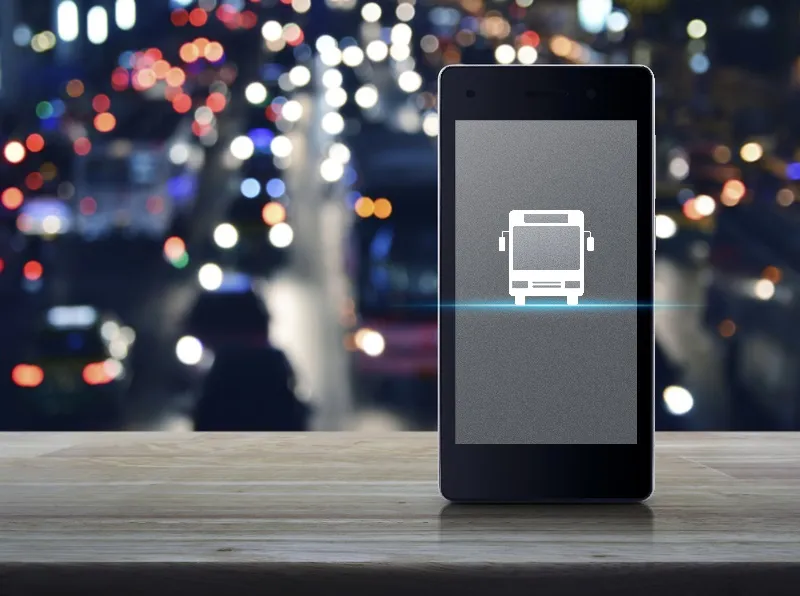This week the government announced plans to put US$31 million into the research of driverless cars. Thanks to this funding, autonomous cars are set to be trialled in the UK by the end of the year.
With this in mind, independent vehicle supply group OSV carried out a survey to find out if they wanted driverless cars. Surveys were previously carried out when the conception of autonomous cars was first released. OSV wanted to know if opinions about driverless cars have changed now the research has develope
July 31, 2015
Read time: 2 mins
This week the government announced plans to put US$31 million into the research of driverless cars. Thanks to this funding, autonomous cars are set to be trialled in the UK by the end of the year.
With this in mind, independent vehicle supply group OSV carried out a survey to find out if they wanted driverless cars. Surveys were previously carried out when the conception of autonomous cars was first released. OSV wanted to know if opinions about driverless cars have changed now the research has developed.
The results were overwhelming; 75% per cent of the UK population said they did not want an autonomous car. People from England are even more against driverless cars, with 82 per cent saying they wouldn’t want one. People from Scotland are slightly keener than other countries in the UK with 26 per cent admitting they would want a driverless car.
Interestingly, men are more drawn to driverless cars than women, with 30 per cent of those surveyed stating that they would like one. Only 19 per cent of females would like an autonomous car.
According to OSV, this contradicts other research which suggests women have the most to gain. Those with driverless cars will not need a driving license and with more women than men without licenses, women therefore will benefit the most.
Another insight from the survey found that 43 per cent of 18-25 year olds would want to buy an autonomous car. At the other end of the spectrum only 10 per cent of 55-64 year olds shared the same interest. Surprisingly, that figure rose to 27 per cent for the over 65s, which OSV says shows that the youngest and eldest age groups are the most interested in the driverless car revolution.
With this in mind, independent vehicle supply group OSV carried out a survey to find out if they wanted driverless cars. Surveys were previously carried out when the conception of autonomous cars was first released. OSV wanted to know if opinions about driverless cars have changed now the research has developed.
The results were overwhelming; 75% per cent of the UK population said they did not want an autonomous car. People from England are even more against driverless cars, with 82 per cent saying they wouldn’t want one. People from Scotland are slightly keener than other countries in the UK with 26 per cent admitting they would want a driverless car.
Interestingly, men are more drawn to driverless cars than women, with 30 per cent of those surveyed stating that they would like one. Only 19 per cent of females would like an autonomous car.
According to OSV, this contradicts other research which suggests women have the most to gain. Those with driverless cars will not need a driving license and with more women than men without licenses, women therefore will benefit the most.
Another insight from the survey found that 43 per cent of 18-25 year olds would want to buy an autonomous car. At the other end of the spectrum only 10 per cent of 55-64 year olds shared the same interest. Surprisingly, that figure rose to 27 per cent for the over 65s, which OSV says shows that the youngest and eldest age groups are the most interested in the driverless car revolution.










